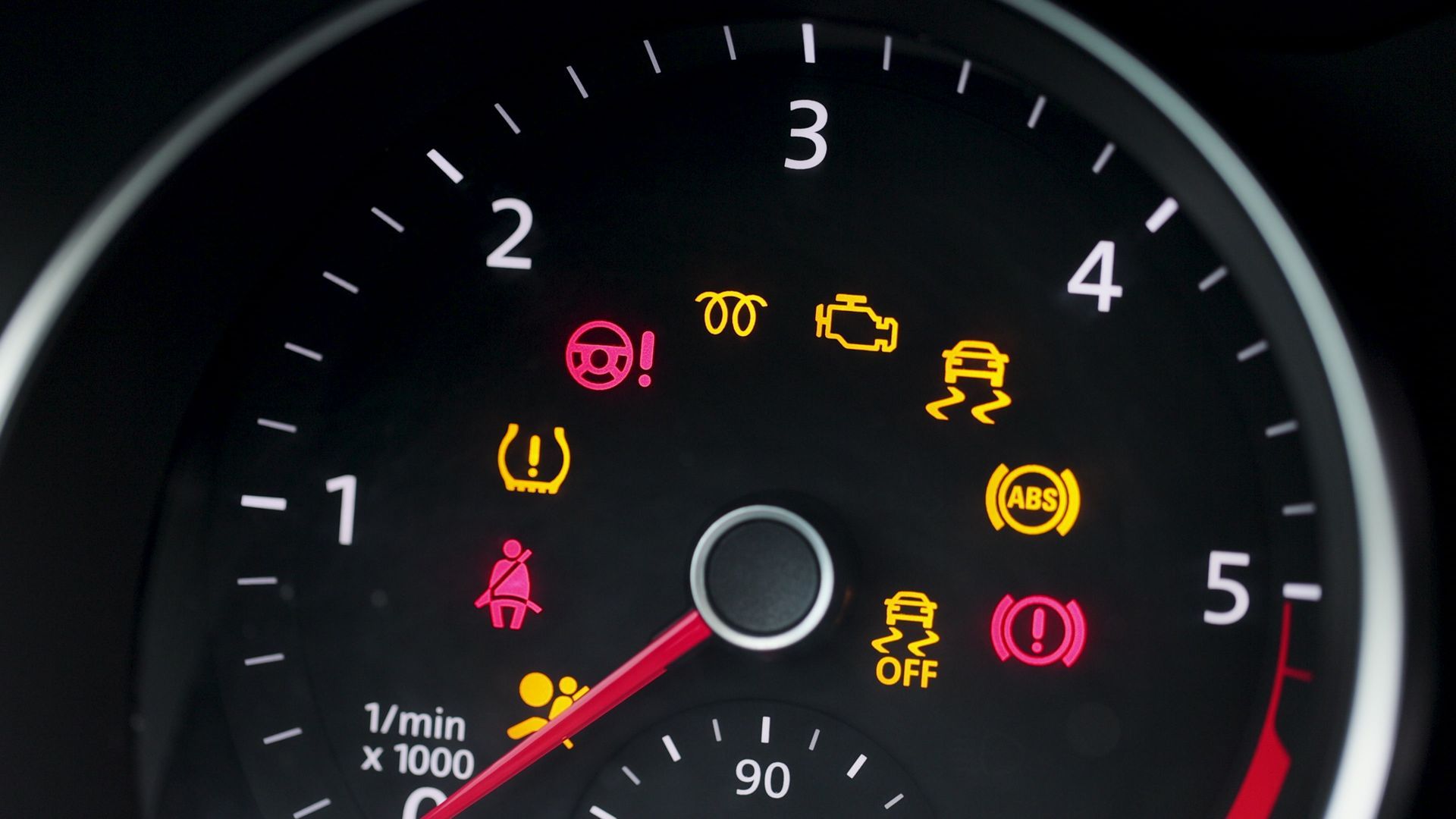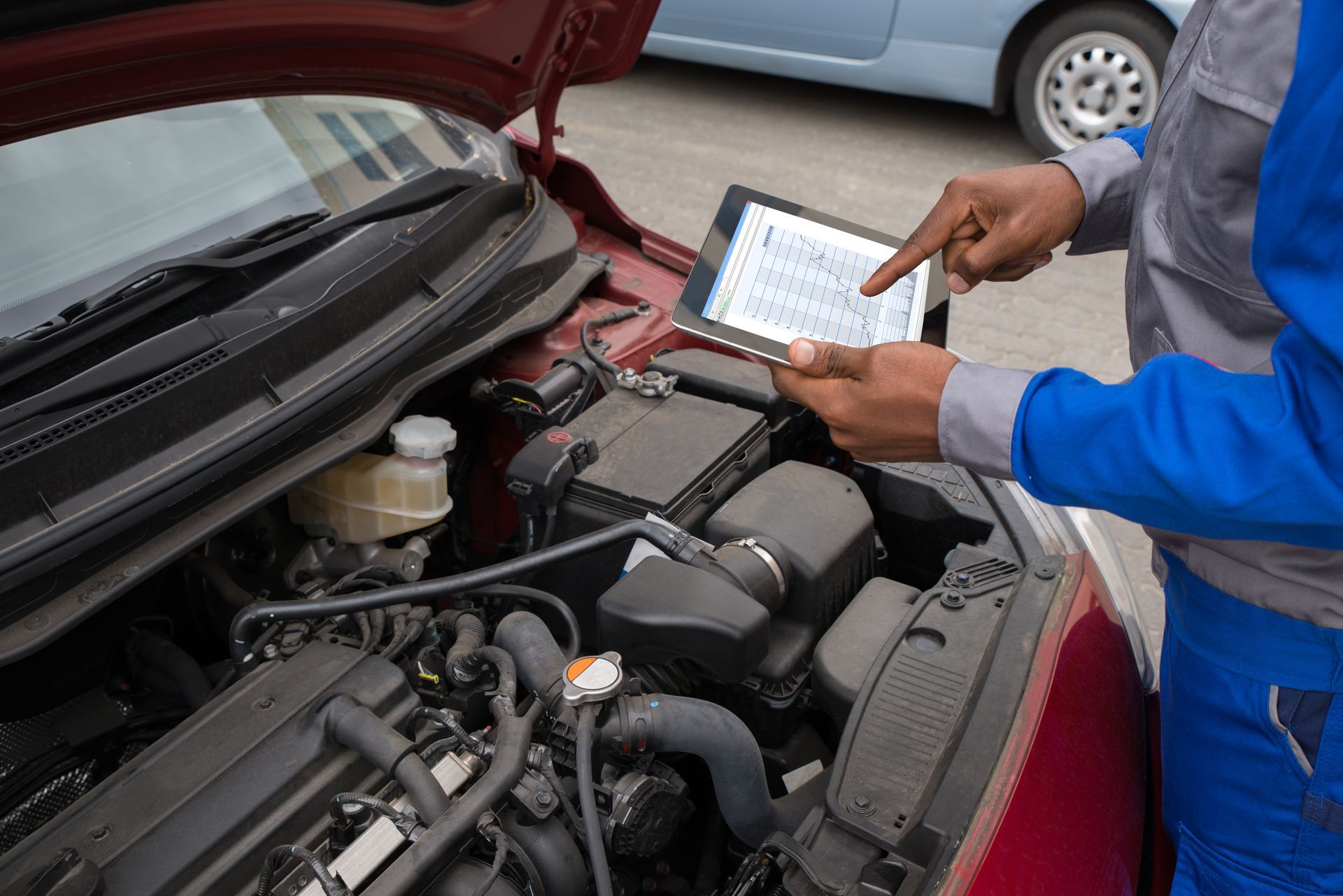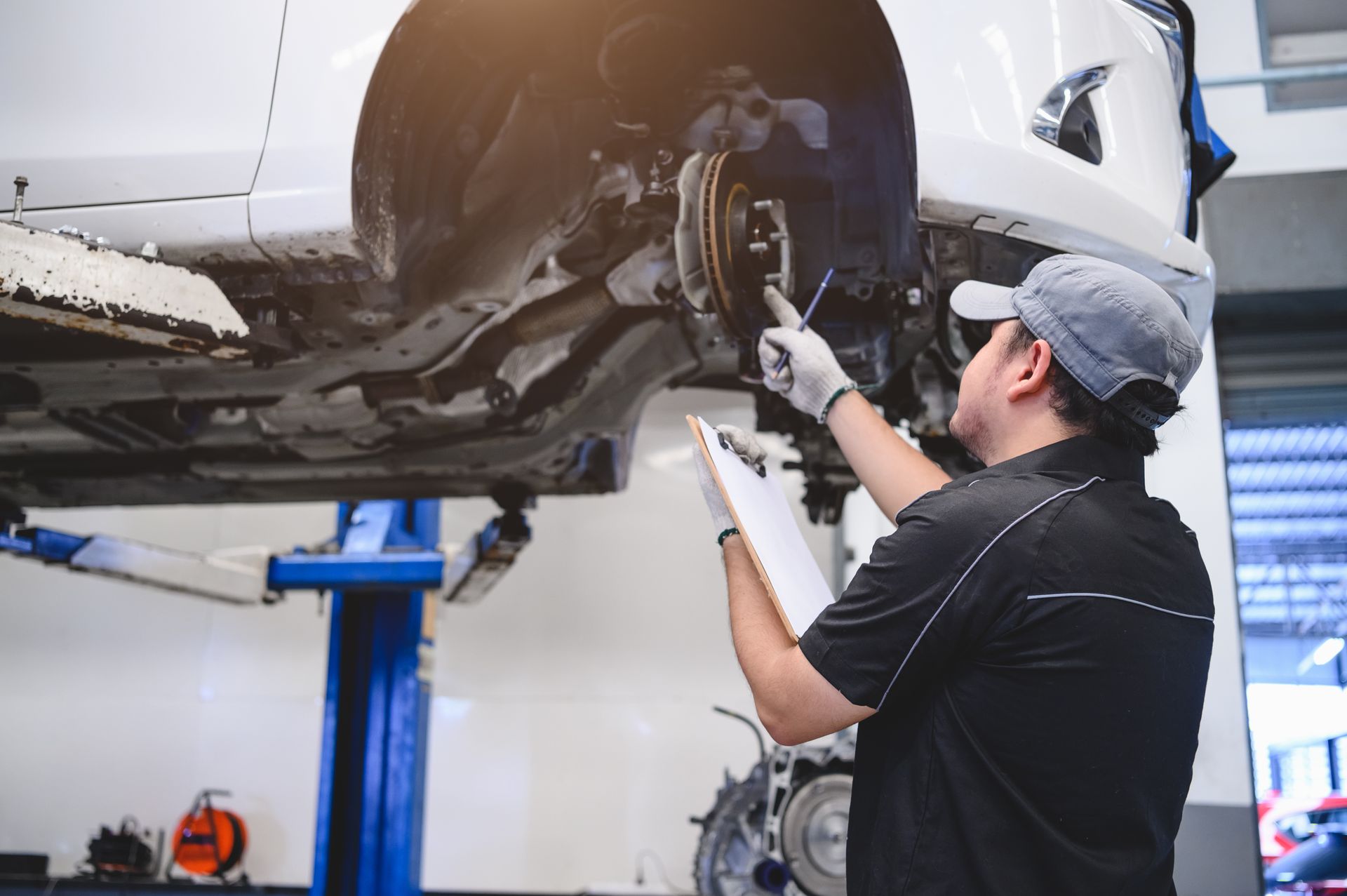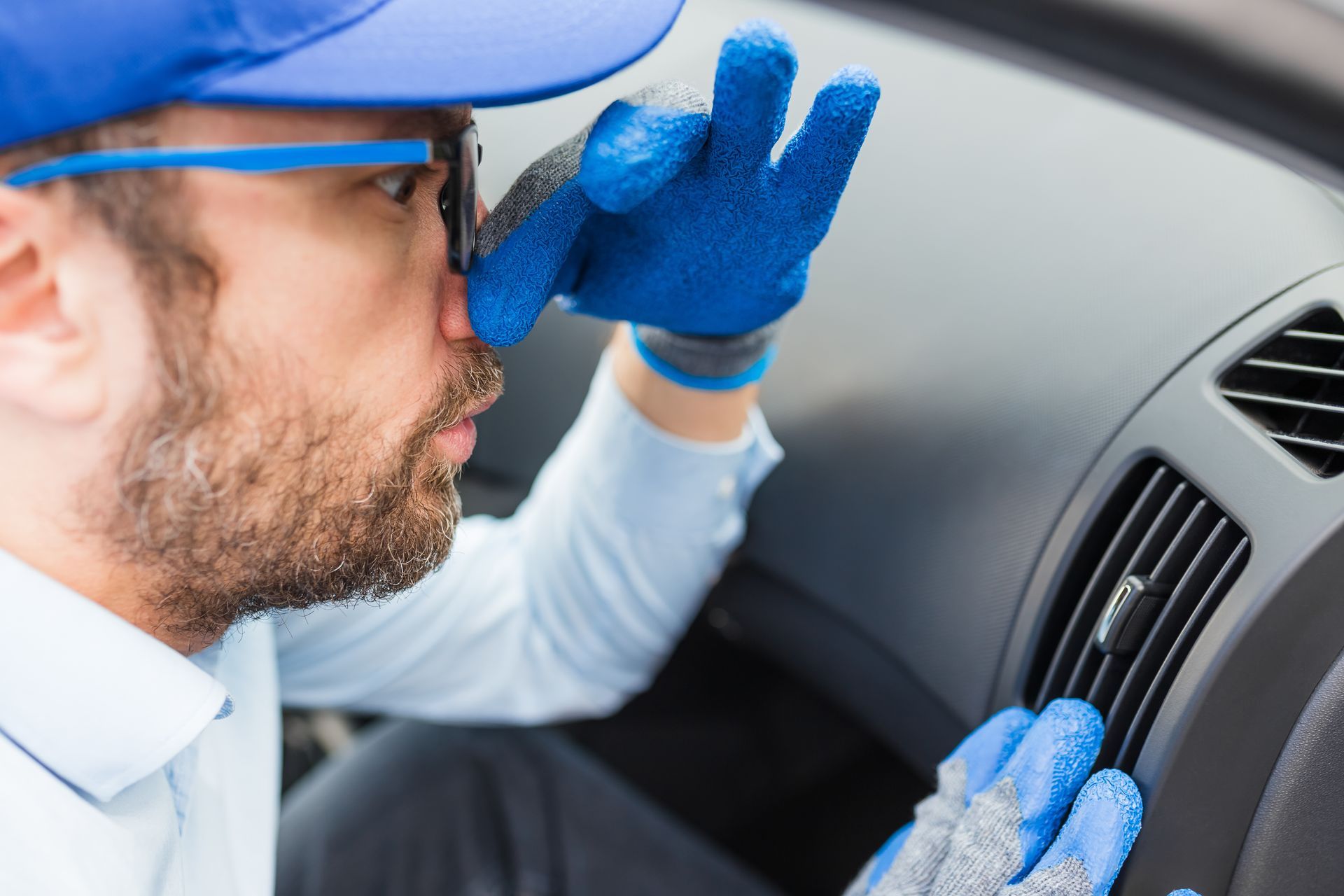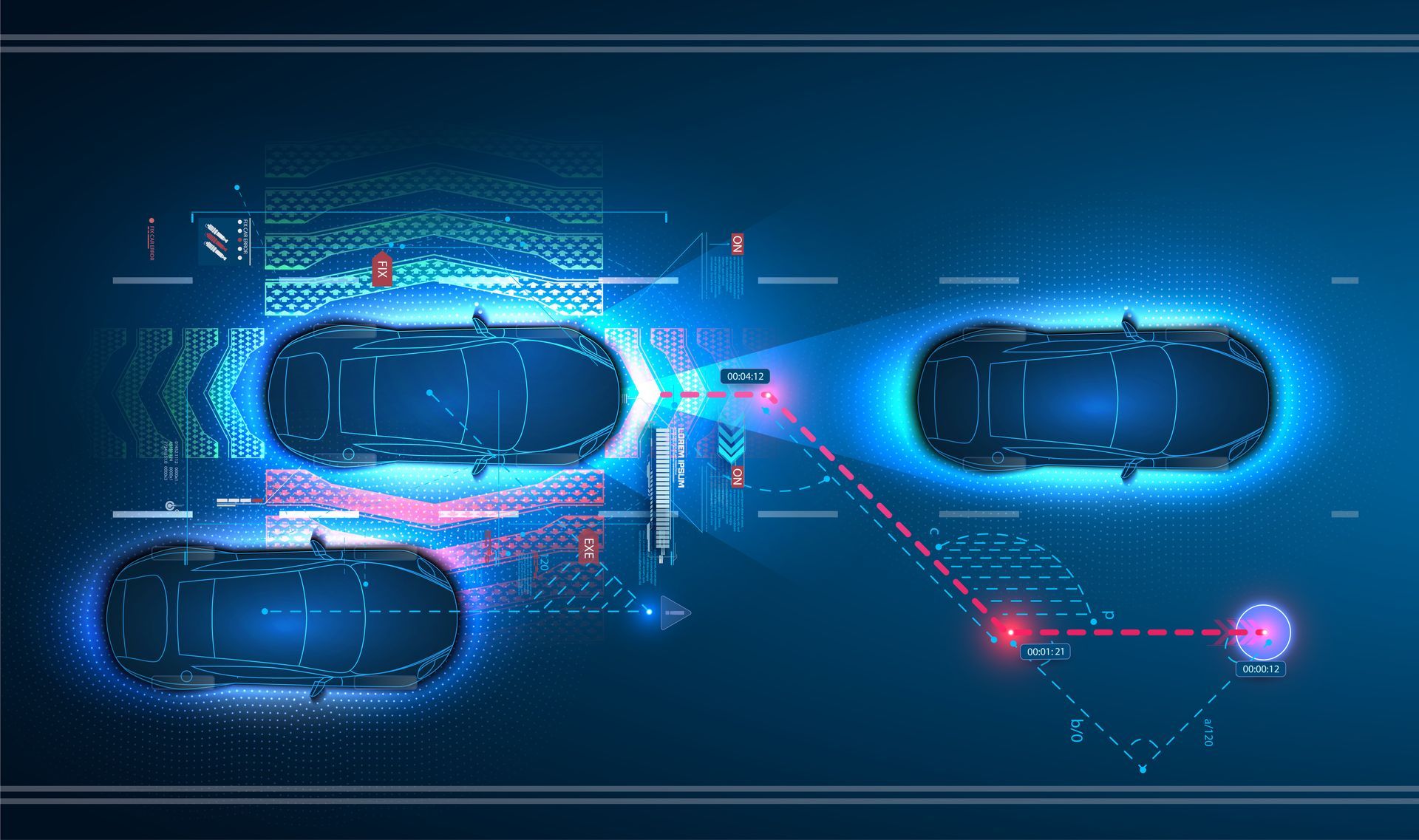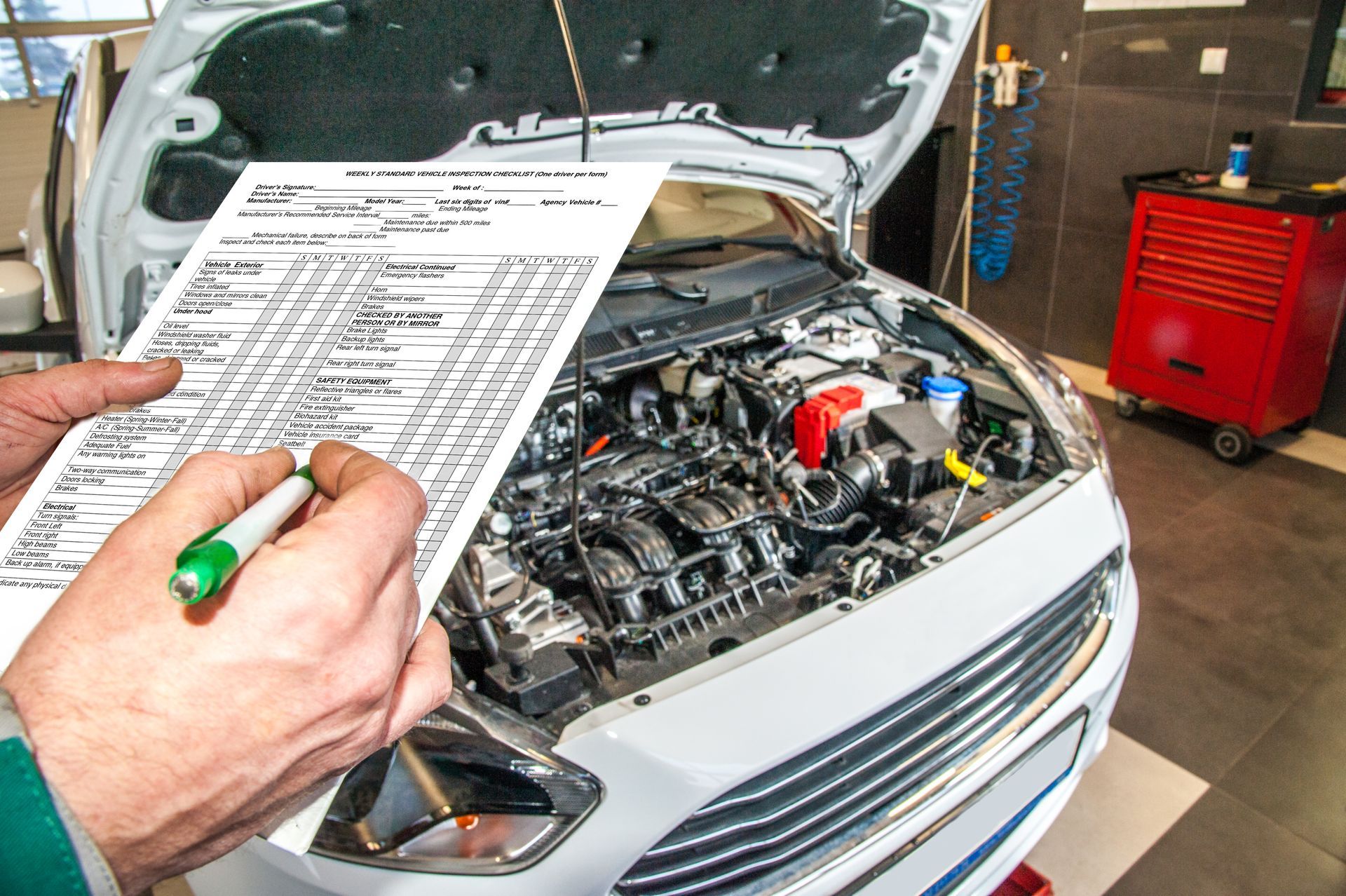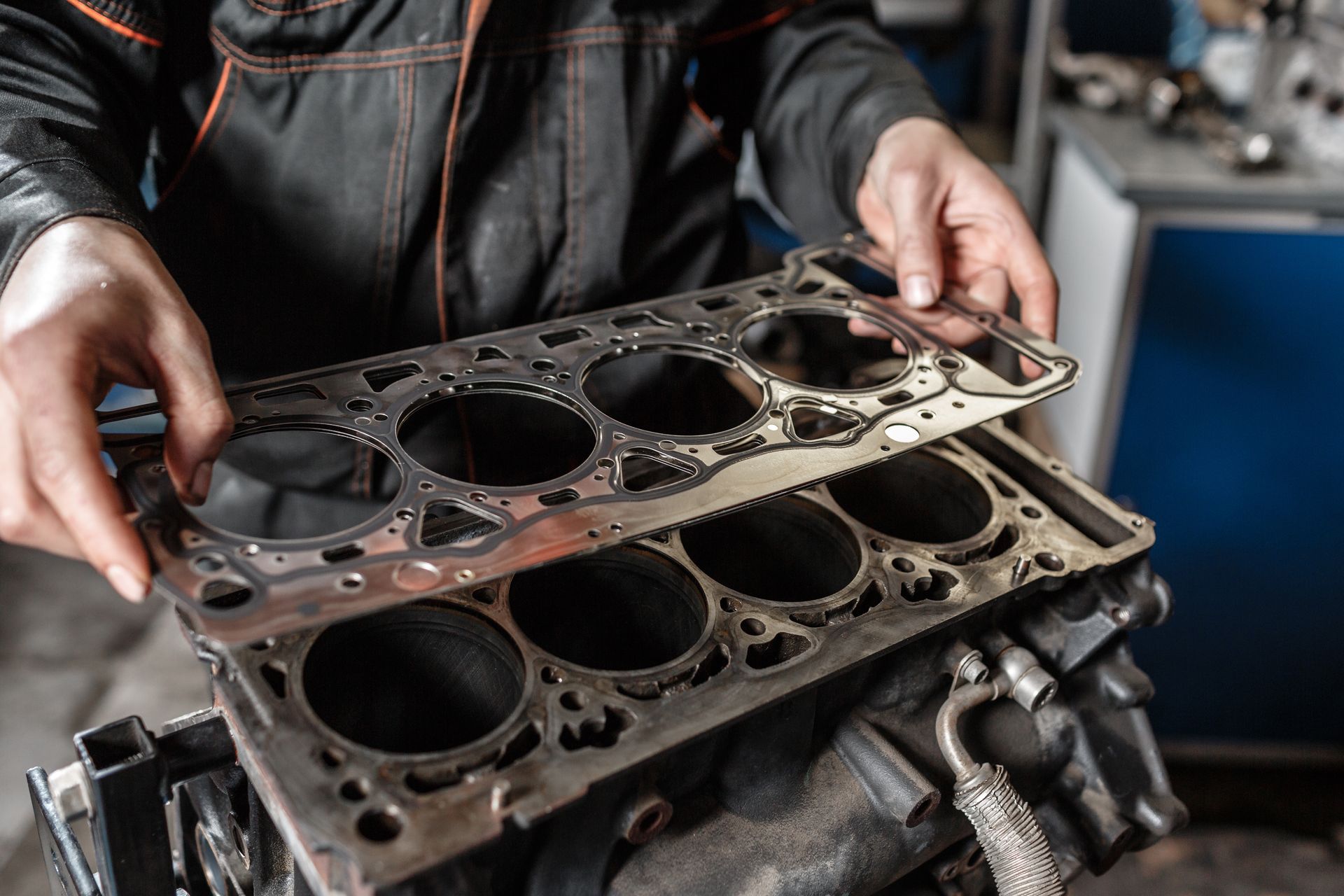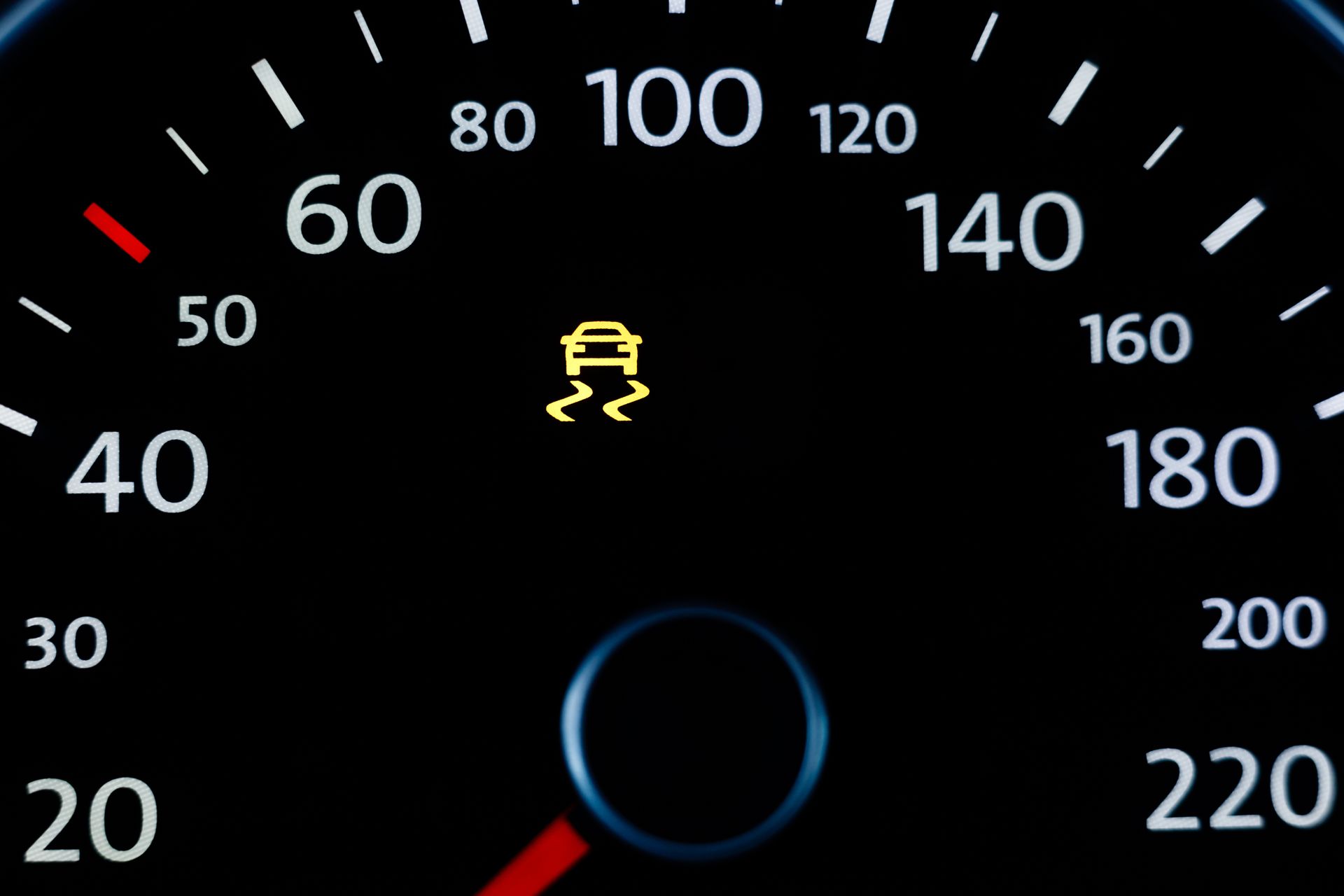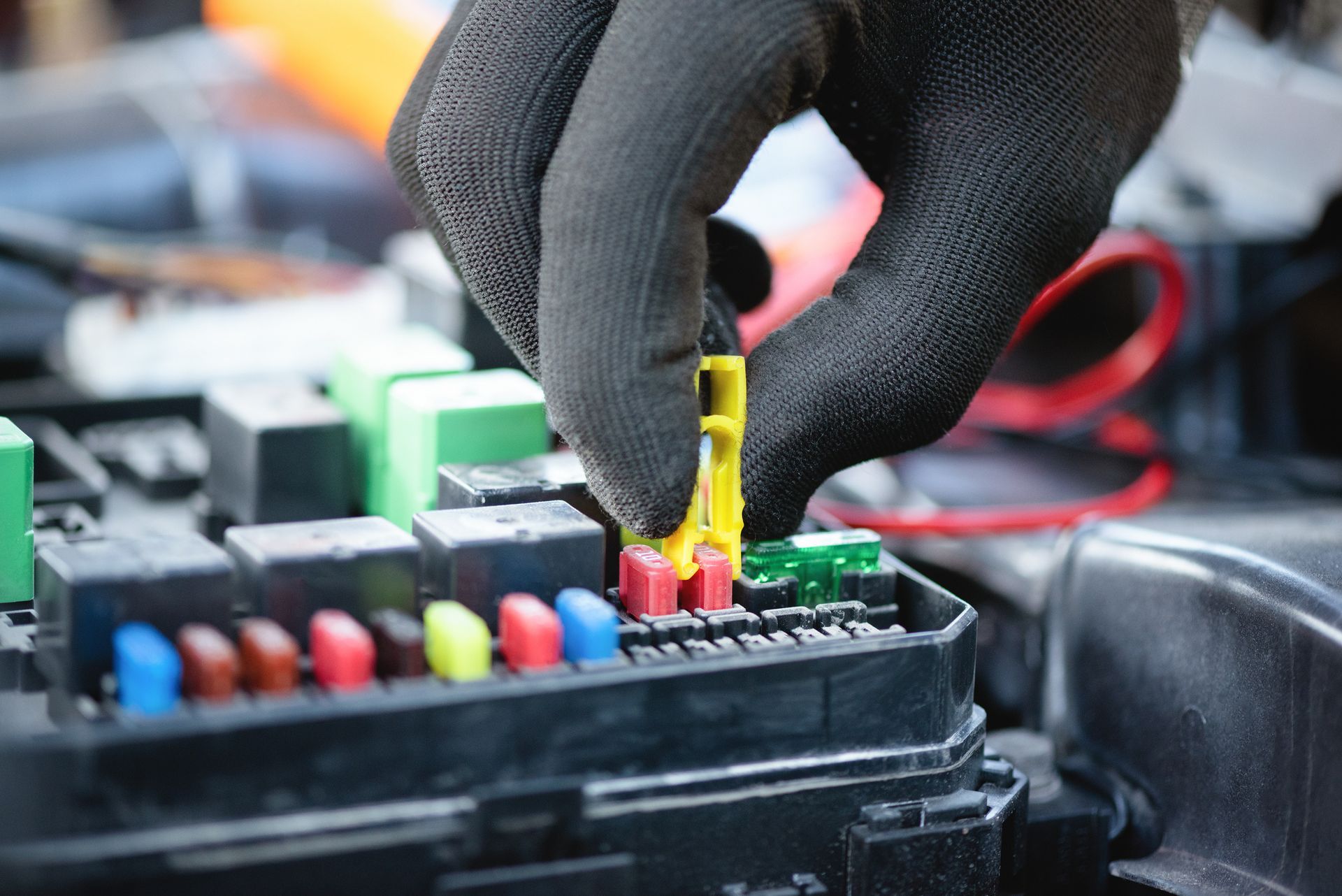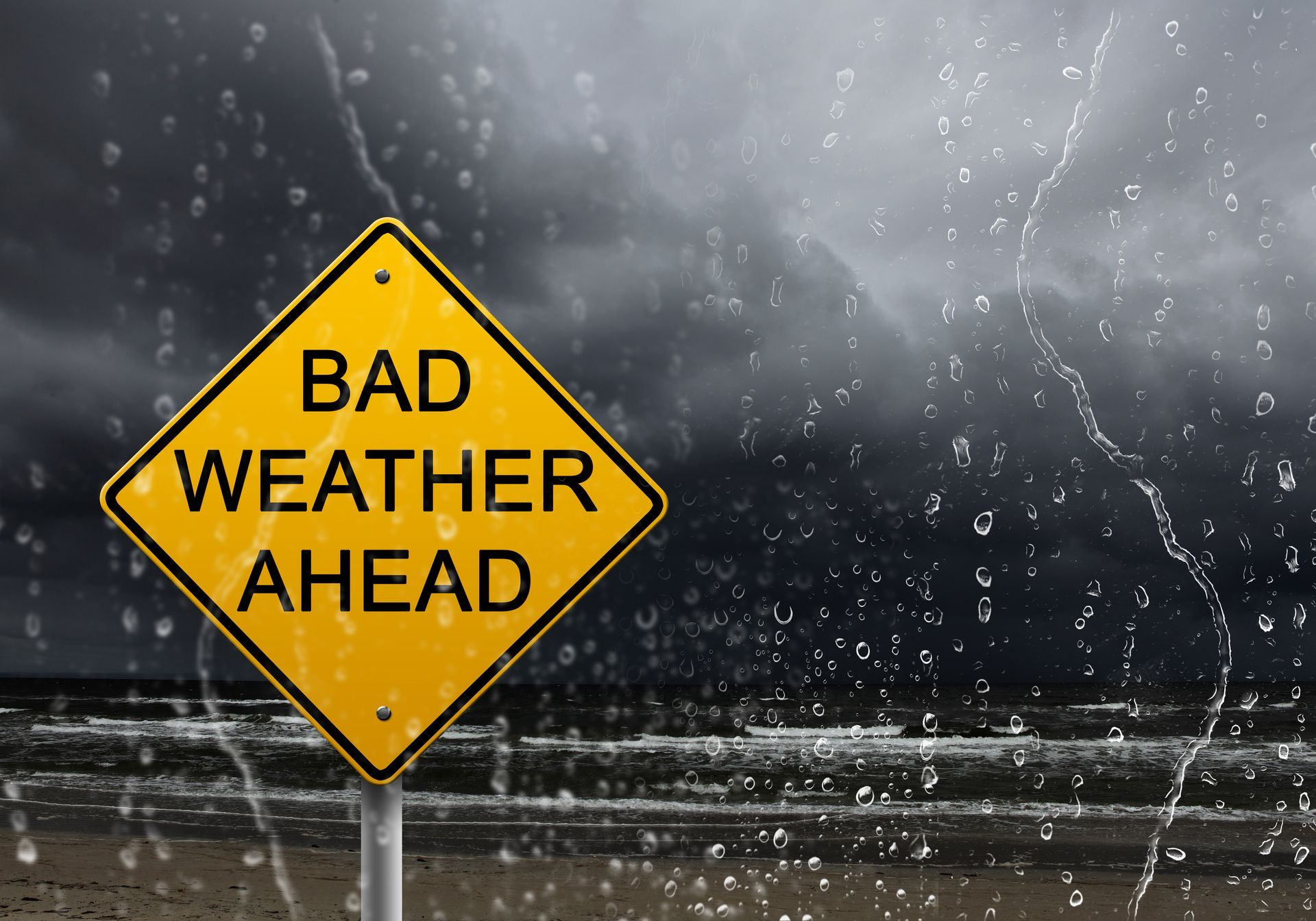Your braking system is one of the most important safety features on your vehicle, and the calipers play a crucial role in how well it works. Inside each caliper are pistons that push the brake pads against the rotors, slowing the car when you press the pedal. When these pistons stick, the pads may not release properly, causing uneven wear, poor braking performance, and, in some cases, damage to other components.
Catching sticking caliper pistons early can save you from expensive repairs and keep your vehicle safe on the road. While a complete inspection is best handled by a professional, there are signs you can look for and basic checks you can do at home to spot potential issues.
Why Sticking Pistons Are a Problem
When a piston doesn’t move freely, the brake pad can stay pressed against the rotor even after you release the pedal. This constant friction generates extra heat, which can warp rotors, wear down pads prematurely, and reduce braking efficiency. Over time, sticking pistons can also damage wheel bearings, tires, and suspension parts due to the added strain.
Sticking can happen when dirt, rust, or debris builds up around the piston seals. In humid climates like Port Charlotte, moisture in the air accelerates corrosion, making routine brake inspections even more important.
Warning Signs of Sticking Pistons
Your car often gives you clues when a caliper piston starts sticking. Watch for these signs when driving or inspecting your brakes:
- Pulling to one side: If the vehicle veers when braking, one caliper may be applying more pressure than the other.
- Uneven brake pad wear: Pads on one wheel wearing faster than the others is a common sign of a sticking piston.
- Burning smell after driving: Excess heat from a dragging brake can cause an acrid odor, especially after longer trips.
- Reduced fuel efficiency: Stuck pistons create extra rolling resistance, forcing the engine to work harder.
- Soft or spongy brake pedal: If heat causes the fluid to boil, you may feel a change in pedal responsiveness.
If you notice more than one of these symptoms, it’s best to have the brakes inspected right away.
How to Perform a Basic Visual Check
You don’t need to be an expert to do a simple inspection. If you’re comfortable removing your wheels, follow these steps to spot potential sticking pistons:
- Secure the vehicle on level ground and safely lift it using a jack and stands.
- Remove the wheel to expose the brake caliper and rotor.
- Inspect the brake pads for uneven wear. If one pad looks much thinner than the other, the piston may be applying constant pressure.
- Check the rotor surface for discoloration or scoring. Heat spots and grooves are signs of friction caused by a stuck pad.
- Look for fluid leaks around the caliper. Damaged piston seals can allow brake fluid to escape, leading to reduced braking power.
These checks won’t confirm every issue, but they can help you spot problems before they become serious.
When to Seek Professional Help
While visual inspections are helpful, diagnosing sticking pistons often requires specialized tools. We can measure piston movement, check brake fluid condition, and test for pressure imbalances across all wheels.
In some cases, the solution might be as simple as cleaning and lubricating the caliper slides. Other times, replacing the caliper or rebuilding the piston seals is necessary to restore proper operation. Catching the problem early typically keeps repairs smaller and less costly.
How to Prevent Sticking Pistons
Regular maintenance is the best way to avoid brake caliper problems. A few simple habits go a long way:
- Have your brakes inspected during routine services.
- Replace brake fluid on schedule to reduce moisture buildup.
- Avoid letting your car sit for long periods in humid conditions without driving.
- Keep an eye on brake pad thickness and tire wear during tire rotations.
These small steps help protect your braking system and extend the life of your calipers, rotors, and pads.
Keep Your Brakes Reliable With Matics Auto Repair in Port Charlotte, FL
At Matics Auto Repair in Port Charlotte, FL, we provide thorough brake inspections and expert repairs to keep your vehicle safe. Our technicians check for sticking caliper pistons, uneven wear, and fluid leaks so we can address problems before they lead to costly damage.
If you’ve noticed pulling, burning smells, or uneven braking, schedule an appointment today. We’ll make sure your brakes are working at their best and keep you confident on every drive.

